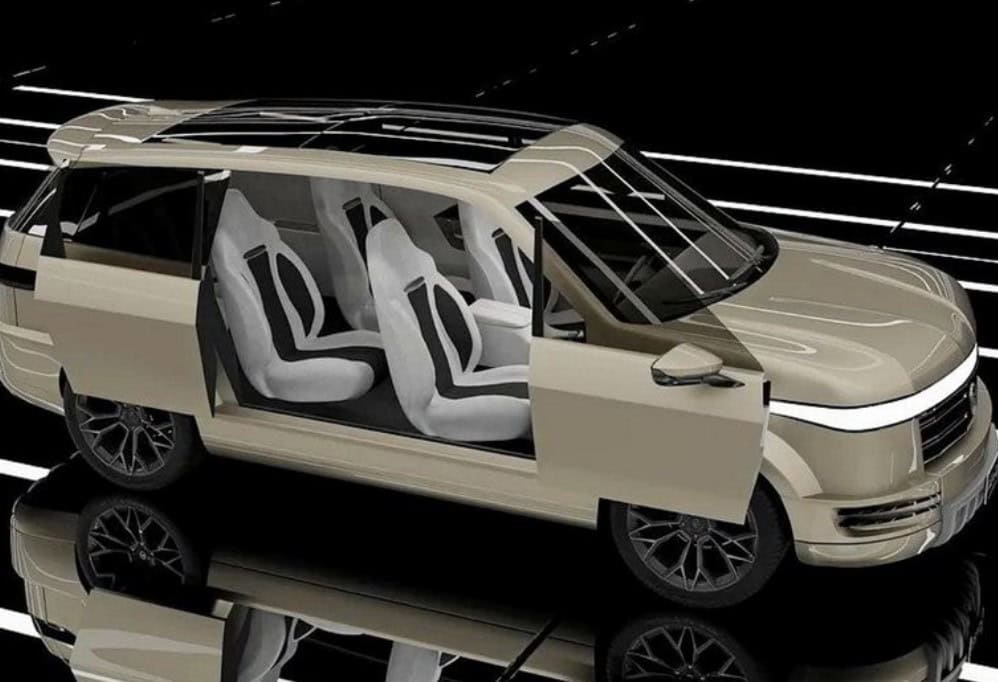
A US start-up is now taking pre-orders for a plug-in hybrid passenger vehicle that runs using both a hydrogen fuel-cell and a battery, which it claims has a range of 700 miles (1,127km).
Virginia-based Revo Zevo’s “model Energy” uses a battery as the primary power source, with the hydrogen fuel cell kicking in to power the vehicle and thereby extend its range.
“This allows the vehicle to keep the battery charged while driving,” Revo Vevo says on its promotional material. “Effectively, it is like having an on-board charger that runs when the car is running, allowing for a range of 700 miles.”
Plug-in hybrids available on the market today usually use a fossil fuel-powered internal combustion engine to back-up the on-board battery. But Revo Zero’s “first of its kind pFC technology” uses hydrogen instead, via an integrated unit containing the fuel cell, made by US specialist Nuvera, and battery.
Refuelling with hydrogen can take as little as seven minutes, the company claims.
However, critics have argued that H2 is prohibitively inefficient and expensive for use in passenger cars, although most analysis has focused on vehicles powered solely by H2 in fuel cells or internal combustion engines. Hydrogen Insight found recently that it is 14 times more expensive to drive a vehicle powered solely by hydrogen than a Tesla equivalent in California.
Moreover, owners of hydrogen-powered cars in the US have been blighted by scarcity of H2 supply and sky-high prices over the past year.
Revo Zero is now taking fully-refundable $500 deposits on the limited run of model Energy vehicles, but has not yet said when they will become available or how much each unit will cost.
“Although the final date is still to be determined, we are working diligently on testing and complying with all safety regulations,” Revo Zero promises on its website. “Once you submit a pre-order, you will receive a notification when the vehicle is ready, and the final pricing is established.”
However, it is also not clear how or where the company plans to produce the vehicles. It gives no details of manufacturing facilities on its website — although it recently named the Massachusetts city of Holyoke as its north-east “hub”.
Several hydrogen vehicle manufacturers, such as Nikola and Hyzon, have retrofitted and re-marqued their technology to existing models, which significantly reduces the manufacturing requirements.
Moreover, the model Energy bears a marked resemblance to the Jaguar Range Rover.
Hydrogen Insight reached out to Revo Zero, but the company had not responded at the time of publication.
Launched in 2021, Revo Zero positions itself as a technology company — a producer of hydrogen and refuelling infrastructure, as well as a developer of zero emissions vehicles (ZEVs).
The company is planning to develop a network of hydrogen refuelling stations, although it gives no details of how or where this will be established.
























